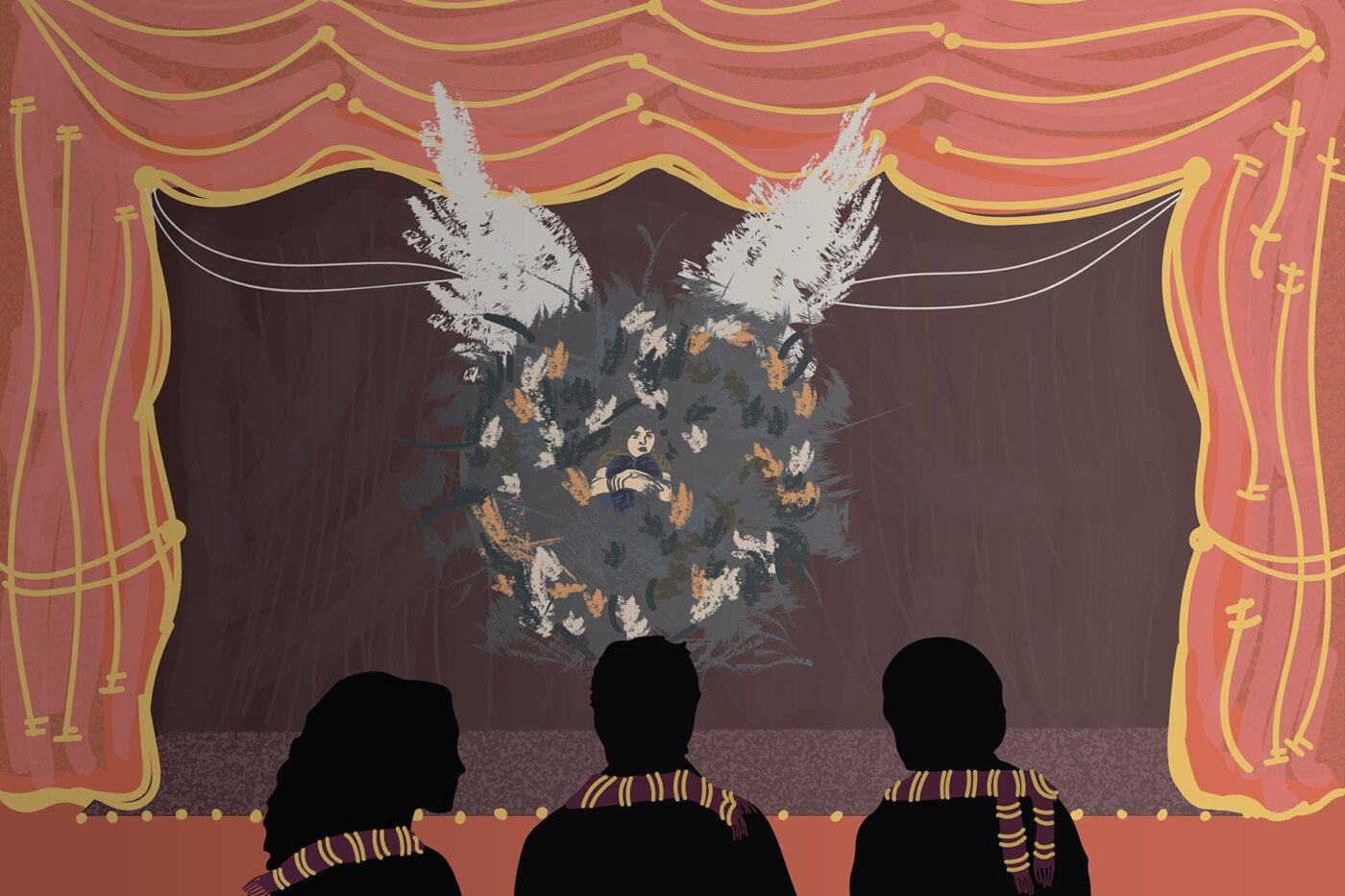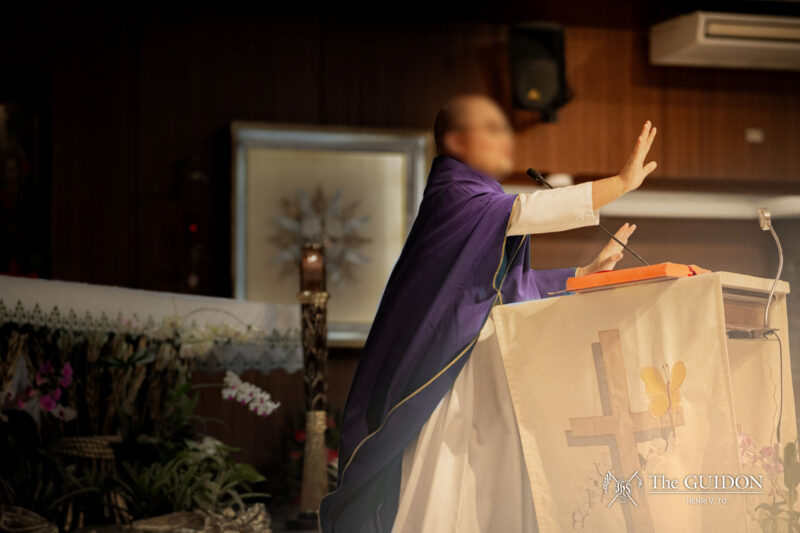Just when you think a series is over, a new addition suddenly materializes. But when is it time for the last chapter? Be it a spring of inspiration from the author, popular demand, or the intention of gaining more profit, spin-offs leave fans with something to look forward to.
Ten years after the release of the Harry Potter series’ final installment, fantasy writer J.K. Rowling introduced the world to two new additions to her series. The first is John Tiffany and Jack Thorne’s theatrical play, Harry Potter and the Cursed Child (2016), which debuted in the UK in late July, while its script was released as a book in early August. The second is the Warner Bros. Pictures’ movie Fantastic Beasts and Where to Find Them (2016), which is set to premiere later in the year.
This is not the first time fictional worlds and characters have had other hands control their fates. Peter Jackson, known for The Lord of the Rings trilogy (2001-2003), released The Hobbit film series (2012-2014), which did not only serve as an extension of the first film series, but also added new content not part of the original J.R.R. Tolkien book. Recently, The Walt Disney Company obtained the rights to the Star Wars film franchise, which introduced new characters and additional destinations to the Star Wars universe.
Authors that wish to hold onto their beloved characters and stories a little longer sometimes end up producing either additional books to the series or creating spin-offs to satiate fans who want “more.” More often than not, these garner mixed reviews from critics and passionate fans. Despite the hype and excitement from many die-hard fans, a growing debate still stands as to whether or not these stories should retire.
Continuous or autonomous
A spin-off is defined as a literary work that resulted from an original franchise. While still latching on to the latter, they occur in the same universe as the initial story, yet it pursues a different story arc. This gives spin-offs the ability to act as “stand-alone” stories.
According to Theology professor Robbie Reyes, who has dealt with the subject of Theology in fantasy literature, “Stories, especially characters, can have a life of their own. [Stories] can travel through time, so to speak, so they can definitely live on.” While some fans enjoy the new content being given to them, others criticize these as not being able to live up to the original series; others even choose to see this as something totally separable from the original franchise.
Filipino professor and fantasy writer Edgar Samar brings up another perspective on these spin-offs. “It is a product of this more complex machinery; we cannot expect a singular reaction, especially [with] a literary or artistic text,” he says, commenting on the release of Harry Potter and the Cursed Child. According to him, when considering critiquing a work, one must also consider not only the “literary and artistic” components, but also the “cultural and commercial” aspects of the production.
In this instance, the Harry Potter series is already a renowned franchise with a large and loyal following of readers and viewers. Recently, the print release of Harry Potter and the Cursed Child became the biggest selling transcript, which sold 847,886 copies worth GBP 8.76 million in its first week according to Independent, a British online newspaper. This particular case shows how some readers patronize spin-offs based on the critical acclaim of the original franchise these are linked to. The success of Harry Potter and the Cursed Child can be associated back to the fame of the initial Harry Potter franchise.
Into another’s hands
For many adaptations and spin-offs, the original author may want to participate in the full creative process, play some part in it, or want nothing to do with it at all. When asked about how the control of fictional characters and worlds may shift from an author to someone else, Samar relates this to his own experience as a writer.
When his book Janus Silang was adapted into a manga, or a Japanese-style comic book, he was present mainly for consultation. “I [gave] them all my trust–my blessing–to make do with the text,” he says, adding that he only stepped in when there were details that may have contradicted the original storyline.
Samar also explains that there are experts in the different fields of adaptations of stories: There are playwrights for plays and artists for comics. He, on the other hand, says that he focuses mostly on the narrative side and thus appreciates what others can bring to the table.
If, however, the original author does partake in the creative process, he or she may be able to touch on social issues, characters, and plotlines that were not explored in the original. For example, Harry Potter and the Cursed Child was mainly written by Tiffany and Thorne. However, they based the story on Rowling’s original concepts.
One of the controversies that arose regarding the casting of the play was the fact that the actress who played Hermione was dark-skinned. Many, including Rowling herself who claimed in a tweet she never outright stated Hermione’s skin color, embraced the diversity in the casting. However, there were others who expressed their disapproval online, stating the change would go against their own perception of the character – which was someone fair-skinned, much like Emma Watson, who portrayed the character in the film franchise.
Reyes also shares his belief that audiences can still find meaning in these franchises; meanings that the author may not have even intended. “When you truly have a great work of art, [it] will transcend even the original artist,” he adds.
Uncover the cause
With some differences between the spin-offs and original, readers and viewers alike wonder about the reasons behind the revival of a story that has already ended. A decision to expand a series may not fully depend on an author’s creative decisions but on their publishers’ or producers’ business choices as well.
Reyes says, “When I hear spin-off, what immediately comes to mind is that they’re milking it.” Spin-offs are most likely to occur for stories with a big fan base because the reactions and demand of readers play a big factor in the direction of the franchise. The creation of spin-offs can be viewed through different lenses. For a businessman, it can be a way to “maximize the money that is generated from this franchise.” For an author, “it’s something to extend a background of the character.”
Ultimately, the original franchise of a story can be considered as an art form created by the author. Spin-offs merely extend this art form, thus, the original would always still have reached a greater extent. “In terms of quality, a spin-off is–I don’t want to call it this but–like a parasite, it has to cling on to the original so it has appeal; so the original will always have more substance, more depth,” Reyes adds.
The line often blurs in distinguishing whether a great story should end already or not. Although spin-offs can sometimes be more entertaining, readers cannot help but compare it to the original franchise due to the interrelation. Readers and viewers who fall in love with the original story may either hate it for not living up to the original franchise, or love it precisely because it is connected to the original. Be it a way to gain money or to appease fans, authors and producers alike find a reason for their stories to live on.







